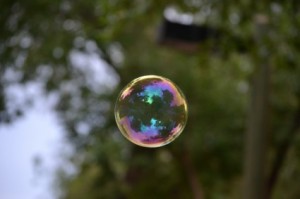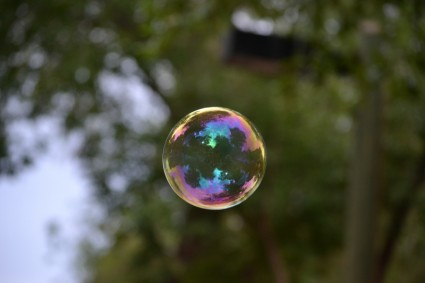 Originally published in The Catholic Times, Oct. 13, 2009
Originally published in The Catholic Times, Oct. 13, 2009
The thought came suddenly. “I am a person of privilege.” I don’t know where it came from or why. I had just turned onto the 670 ramp driving to work. The day was beautiful. Sunny. Cool. But there it was. A reminder that most in the world do not share my position.
Thoughts kept spinning: I live in a place where roads are drivable. Our infrastructure could use a shot of public funds for upkeep, but all in all, I’m usually able to drive where I need to go. And there’s the matter of a car. I have a one. Eleven years old, my little Civic keeps humming along. And I have a job that helps make ends meet.
I live in relative safety, not fearing that a bomb will go off in a parking lot or that a terrorist group will target a mall or movie theater nearby. It could happen, of course, but not as likely here as somewhere else on our troubled planet.
I’m white in a country still plagued with racism. In other categories I fall in the “normal” range. I have an education, healthcare, a pleasant place to live, and food in my refrigerator. What percentage of the human race has so much? Sobering thoughts on a beautiful fall morning.
An article by Jim Wallis of Sojourners reflected on the message of love and service Pope Francis speaks both with his words and actions. A quote from his homily during Mass celebrated at Lampedusa on July 8, spoke to my sense of privilege:
“The culture of comfort, which makes us think only of ourselves, makes us insensitive to the cries of other people, makes us live in soap bubbles which, however lovely, are insubstantial; they offer a fleeting and empty illusion which results in indifference to others; indeed, it even leads to the globalization of indifference. In this globalized world, we have fallen into globalized indifference. We have become used to the suffering of others: it doesn’t affect me; it doesn’t concern me; it’s none of my business!”
That’s the thing about privilege. It’s like Pope Francis’ soap bubbles, separating those on the inside from those on the outside. Bubbles are invisible to those living within. Privilege is usually invisible, too. It’s an accident of birth, something so ingrained that those who have it don’t know they do.
That was me, that lovely morning, until a voice sounded within.
Then came the readings a couple of Sunday’s ago. The prophet Amos finds fault more with the complacency of those living in luxury rather than with the lifestyle itself. They were wrapped up in their own lives and didn’t notice what was happening around them. Luke’s gospel story of the rich man and Lazarus strikes a similar theme. Maybe the rich man didn’t notice Lazarus at his doorstep. If he did, the poor man’s plight didn’t concern him. Until, of course, they both died and Lazarus enjoyed the embrace of Abraham while the rich man suffered the torments of hell.
What are people of privilege asked to do? First, we are called to notice. To become aware of our special place on this planet and realize this place is gift. To become aware of the suffering around us, in our cities, our country, and across the oceans. What comes next, I don’t know. It must be different for each of us. I heard a woman speak at a convention last month. She felt called to walk the streets of Chicago and eventually opened a home for prostitutes. Inspiring, but not for everyone.
Pope Francis responded to Father Spadaro’s question in the Pope’s first official interview: “What does the church need most at this historic moment?”
“I see clearly that the thing the church needs most today is the ability to heal wounds and to warm the hearts of the faithful; it needs nearness, proximity. I see the church as a field hospital after battle. It is useless to ask a seriously injured person if he has high cholesterol and about the level of his blood sugars! You have to heal his wounds. Then we can talk about everything else. Heal the wounds, heal the wounds…. And you have to start from the ground up.”
Nearness and proximity. Leave our bubbles and walk with others. That’s what the woman in Chicago did. Then listen and have the courage to respond, trusting God to speak and to guide each of us along our way.
© 2013 Mary van Balen

Speak Your Mind